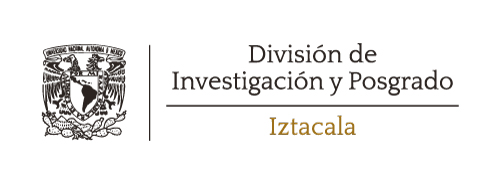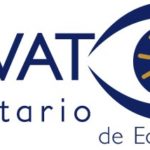
| Location within campus: | Cubicle 13, First Floor, Tutoring Tower |
| Phone: | 5520904063 |
| Head of Laboratory: | Dr. Marco Antonio González Pérez Full Professor “B” mgonzalezp65@gmail.com |
| Researchers affiliated to the laboratory: | B.S. José Antonio Ortiz Vélez antonio.ortiz@iztacala.unam.mx Mr. Marco Antonio Flores Mondragón antonio.flores@iztacala.unam.mx |
| Research lines per researcher: | The research lines, both basic and applied, are: Didactic Techniques in Distance Education, Social Discrimination in Learning Environments, Challenges Faced by Women in Distance Education, Creation of Digital Learning Resources, Mobile Learning, Peer Tutoring Using Technology, Mobile Education Applications. |

Psychosocial Problems Faced by Women Pursuing a Bachelor’s Degree in Psychology in On-Campus, Open, and Distance Learning Modes at UNAM and Their Impact on Educational Delay and Dropout Rates, Project PAPIIT IN302920.
This project aims to investigate the challenges encountered by women pursuing a psychology degree at UNAM (FES Iztacala, FES Zaragoza, and the Faculty of Psychology) in all three study modes: on-campus, open, and distance learning. The research project stems from the necessity to identify the existing psychosocial issues within each mode of study.
Laboratory of Teaching Technologies SUAyED Psychology Iztacala – SUA Faculty of Psychology UNAM Project PAPIME 302040.
The raison d’être of this project is also based on the need for university professors to incorporate the development of digital learning resources grounded in programs and applications with didactic purposes into their educational practices. Furthermore, it emphasizes the importance of understanding multimedia language to effectively convey teaching activities.
The educational development projects in which the project team members will participate include:
a) Retention and support program for academic progress in SUA and SUAyED.
b) Creation of virtual practices in psychology and multimedia learning activities.
c) Training of teachers and students in learning and knowledge technologies (LKT).
d) Ongoing seminar on “Education, Technology, and Society.”
e) Case-based simulator.

González Pérez, M.A. Coord. (2019). El impacto de la vida digital en el mundo social. México: FES Iztacala, UNAM.
González Pérez, M.A. Coord. (2019). El impacto de la vida digital en el mundo social. México: FES Iztacala, UNAM.
Plascencia, V., Franco, M. L. & González Pérez, M. A. (2019) A circular model of residential composting in Mexico City. En Towards zero waste. Circular economy boost, waste to resources. Greening of Industry, 6 (1), 239-264.
González Pérez, M.A. (2018) Perfiles falsos en la Web en Revista de la Sociedad Mexicana de Psicología Social (SOMEPSO), número 3, volumen 2, julio-diciembre.
De la Rosa, A., González Pérez, M.A., Rueda Trejo, J. y Rivera J. (2017) La Práctica Supervisada Mediada por Tecnología como Escenario para la Enseñanza de Competencias Clínicas. En Revista semestral de divulgación científica Hamut’ay Vol. 4(1) enero-junio.

| Entry profile of potential thesis students: | Students pursuing a degree in psychology, whether in the traditional on-campus program or through the SUAyED, who wish to develop their thesis or graduation manuscript in the areas of social or educational psychology. The research topics encompass new technologies applied to education, the psychosocial impact of new technologies, discrimination in learning environments, the challenges of educational delay and dropout rates faced by women in advancing their studies, and didactic techniques in distance education. |

